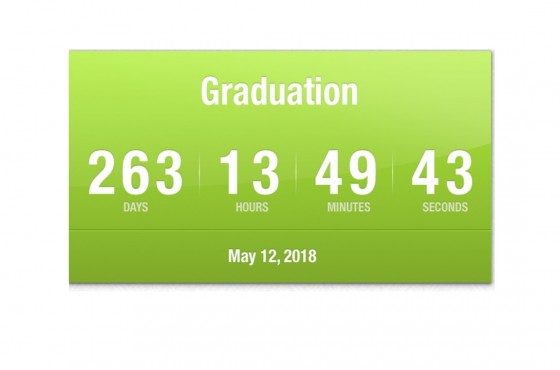You Won’t Get a Job Offer When You’re Not Heard or Understood and Other Telephone Interview Tips
Phone interviewing is unique. You can’t count on visual stimuli such as your good looks or power suits, eye contact or body language, to aid your presentation. Neither can you rely on visual signals to interpret the interviewer’s response. In this context, faceless conversation takes on an added dimension of importance. Both strengths and weakness, as conveyed by voice, are magnified through the phone. Your voice personifies everything about you. Regardless of how well prepared you are, if you’re not heard or understood all your hard work to get the interview is pointless.
Get a headset! Get the best headset you can afford. Earbud, over the ear doesn’t matter. Just get one. Interviewers hate but are accustomed to upspeak. They will forgive conversation fillers such as humms in your speech. But it’s tiresome to keep saying “can you please repeat that” or “what did you say.” When you can’t be heard or understood because you’re not speaking into the phone mic you simply are dismissed. Get a headset!
The rant is over, on to other telephone interview tips.
Set the stage
The success of a telephone interview begins with mental preparation and setting the stage with the interviewer.
Find a place where you can have control of your surroundings and have privacy. Clear a work space near the phone and keep the following tools handy to aid your fact gathering and information sharing:
- A copy of the version of your resumé sent to the interviewer.
- A note pad and pen. Take notes on questions to ask, any question you want to circle back to and/or information you want to make sure you include in your thank you email.
- Have five or six carefully worded questions you’ll want to ask.
- Company literature, pertinent sections highlighted.
- Watch or clock. Phone interviews are typically 30-40 minutes. A watch or clock will help use your time wisely.
Practice to be concise. Phone interviews are shorter than in-person interviews, which means you have less time to make a good impression. Avoid long-winded answers that could make you lose your audience.
Voice reflects personality
The interviewer will be listening carefully to determine your sincere interest in the job, how you verbalize your qualifications and how aggressively you pursue the position.
Voice reflects personality. A well-modulated, controlled voice communicates authority and heightens the verbal impact you make. The quality, pitch and tempo of your speech convey a certain attitude, energy level and enthusiasm.
Talk directly into the mouthpiece. Use a headset or earbud. Speak in a relaxed, conversational style as though the other person were in the same room.
Avoid sitting in a hunched position, or grasping the phone in a vise-like grip. Both add a note of stress, and your voice will communicate that uneasiness. Try standing, it opens your diaphragm to a smoother airflow and imparts a feeling of liveliness.
Pay attention to the interviewer’s voice patterns; does the interviewer speak slowly or rapidly? Try to match the cadence so that the conversion flows smoothly.
Be a conversationalist. Listen to get the big picture. Allow the interviewer to complete questions without you finishing his train of thought or blurting out answers prematurely.
Do not multi-task. Interviewers can tell by your voice and how you respond to questions if you are not paying attention.
Wrap it up
Your final words in a telephone interview or any interview will generally have greater impact and be remembered longer.
After 30-40 minutes, you and the interview should know how much of a “fit” there is. Provided the job interests you, express your desire to proceed to the next step: A face-to– face interview.
Refer to your notes. Are all your questions answered? Where you able to demonstrate your value? Any questions you want to circle back to and reinforce your response? Now is the time to do it.
End the conversation on a positive note. Thank the interviewer for the information shared. Be sure you understand next steps.
- Do my qualifications meet the company/job needs?’
- What are the next steps in the interviewing process.
- When can you expect to hear from them about going to the next round of interviews.
- When do they plan on making a hiring decision.
And if you are comfortable with a more direct close, ask when you can meet with them in person.



